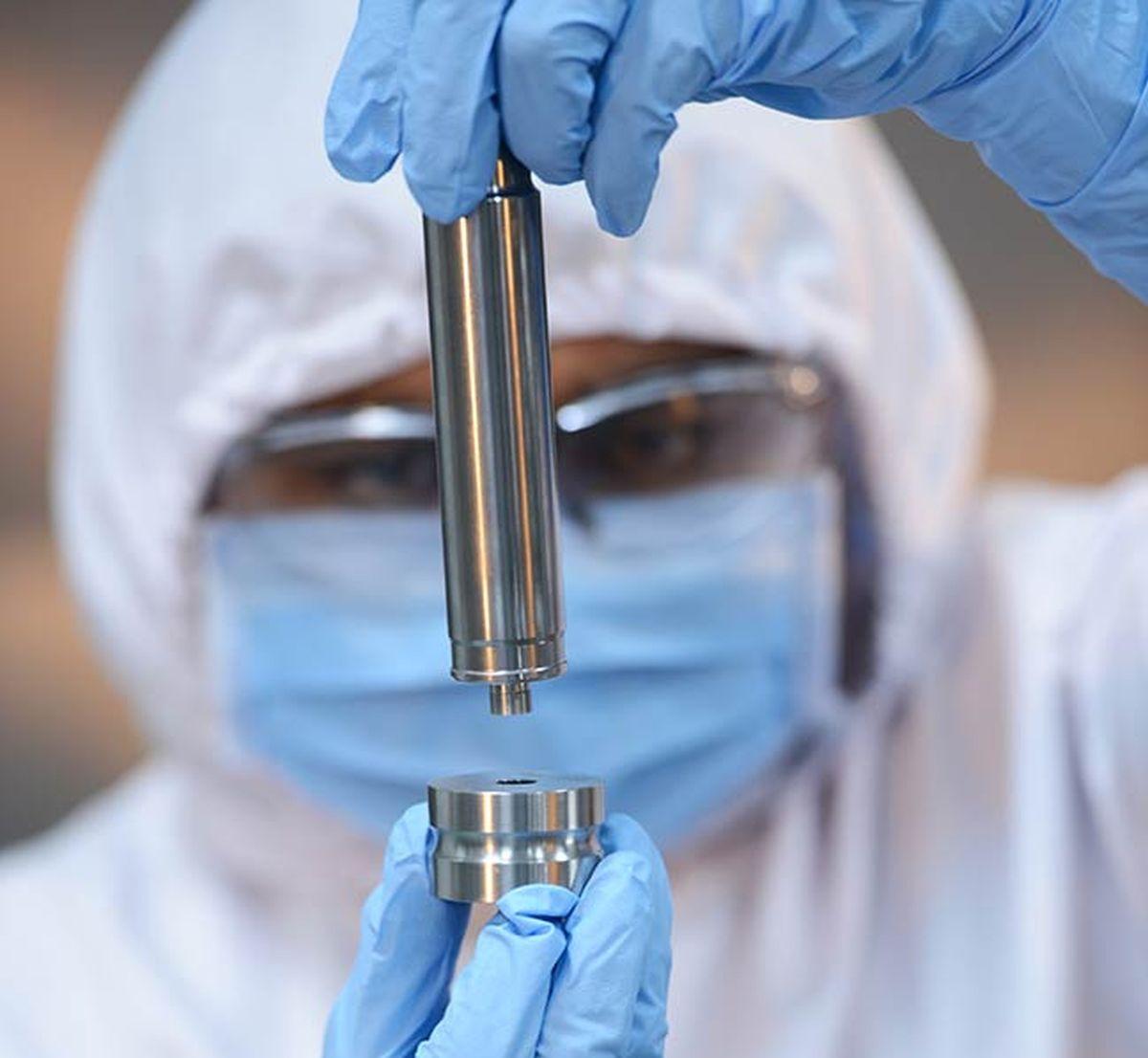‘We are looking at what kind of products, diagnostics or other solutions we can offer to become a well-rounded player in a particular disease area globally.’

IMAGE: Text. Photograph: Kind courtesy Zydus Lifesciences
Ahmedabad-based Zydus Lifesciences has recently forayed into medical devices, and companion diagnostics.
In a virtual interview, managing director Sharvil Patel told Sohini Das/Business Standard that medicines are only a part of the solution.
You have recently forayed into med-devices. What is your gameplan?
When we looked at our next 10-15 years strategy, we changed our name from a pharmaceutical company to being a life-sciences organisation.
We would like to play a larger role beyond pharmaceuticals alone where we can offer better value to patients in a more holistic manner.
Medical devices, companion diagnostics and early diagnostics — these are areas we are looking at.
We decided to enter three important areas right now — interventional cardiology, nephrology, and orthopaedics.
We have acquired a manufacturing footprint in India for interventional cardiology (stents) and we have partnered with a Brazilian company Braile Biomedica.
Braille is one of the few companies which have a Transcatheter Aortic Valve Implantation (TAVI) product, which is a minimally invasive procedure for replacing diseased aortic valves.
We are looking to build our franchise in the interventional cardiology side within India and globally.
In nephrology, we are building a facility (among a few) to make dialysers.
We want to create capacity for the chronic kidney disease space.
In orthopaedics, we have acquired Amplitude Surgical, which makes knee implants.
In diagnostics, we have partnered with Guardant Health for liquid and tissue biopsy tests.
We are looking at what kind of products, diagnostics or other solutions we can offer to become a well-rounded player in a particular disease area globally.
Medicines are some part of a solution but not the full solution.
From Day 1, we have a global ambition in the med-devices space.
India will obviously be important, but we are looking at having a global footprint.
What kind of revenue contribution is expected from this division?
It is a bit early to talk about revenue contributions as we have not yet closed the Amplitude deal.
Some of the largest medical device companies are around Rs 1,000 crore or so.
We want to see how fast we can scale to the first thousand crores, and that’s our immediate goal.
This division is a 100 per cent subsidiary of Zydus Lifesciences, and has no immediate plans of raising any funds.
Another area you are focusing on is rare diseases. Tell us about your plans.
We are clear that we will work for unmet medical needs.
We are targeting areas where there’s significant unmet need in terms of disease burden.
Volume wise, these are not large opportunities (seven to 12 patients a year at times), but I think it creates a differentiation both for the organisation and the market.
Wherever we can create an impact, we can create value.
The US has a well established model in terms of working on these things.
We have three drugs today – two approved and one under approval.
In India, we have MMV253 (an antimalarial drug candidate which has received orphan drug designation from the United States Food and Drug Administration or USFDA), and also the rabies monoclonal antibody (mAb) TwinRab, which fall in this area.
Slowly, we are adding more pipeline drugs from within Zydus and also through partnerships.
We have started adding Europe, the Middle East and other areas.
In orphan diseases, one has less access to medicines and treatment.
We are working on Saroglitazar for treatment of primary biliary cholangitis (PBC) (drug has been granted orphan drug designation by both USFDA and European Medicines Agency or EMA), and also on the new molecule Usnoflast (ZYIL1) in patients with Amyotrophic Lateral Sclerosis (ALS).
Orphan diseases are rare and life-threatening conditions affecting a limited number of people.
Given the uncertainties worldwide, do you think global manufacturing footprint will be a future trend?
While distributed manufacturing is going to be a reality, I believe that a large part of manufacturing will be in India because the first principle is to make affordable medicines.
India offers the most cost-competitive capability for manufacturing. It will make tactical sense to have some manufacturing outside depending on the opportunity and capability.
This will be more specific company-wise and their strategies, portfolios, and target markets. India will remain the fulcrum of manufacturing.
As the leading biosimilars player in India, what next?
Our major focus areas are oncology and the autoimmune segments in the biologics space. A large portion of the products are in the area of immunology.
We have a large pipeline of 12-14 products in different stages of development and have already commercialised 14 of them.
With our biosimilars, we want to be first in India, and then other international markets.
Feature Presentation: Aslam Hunani/Rediff.com




